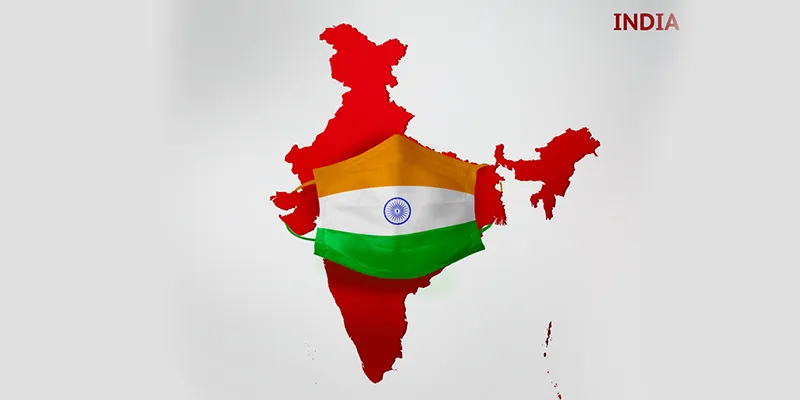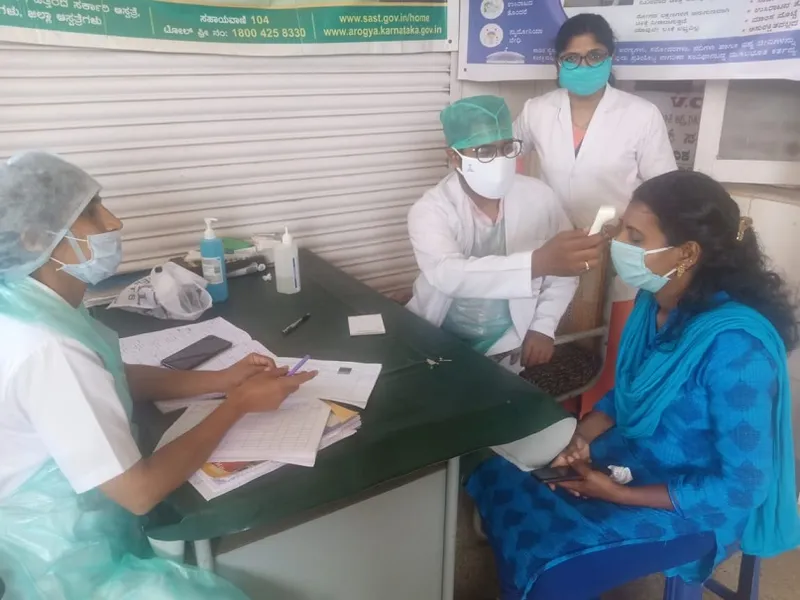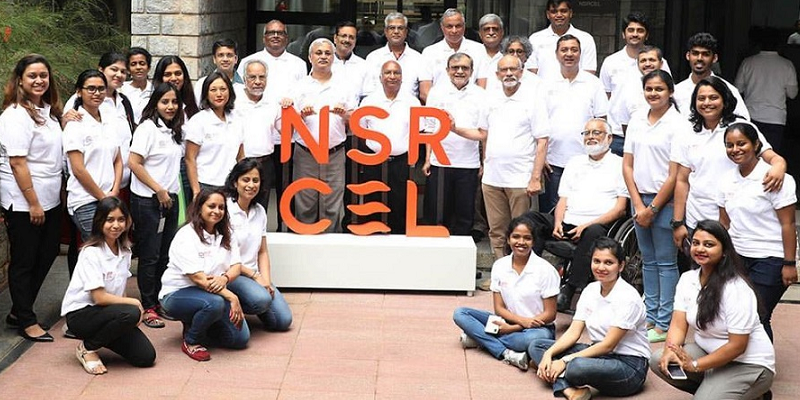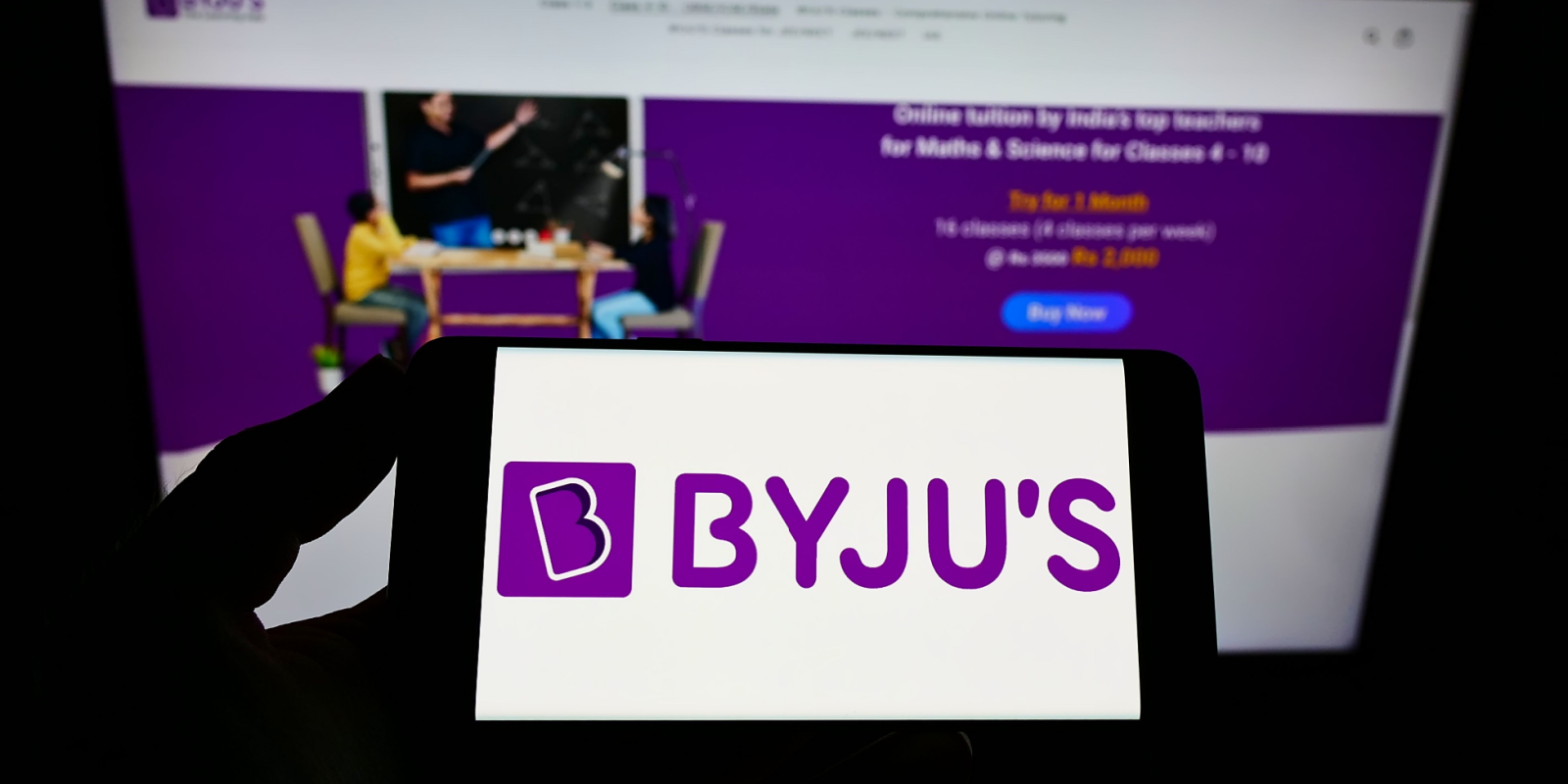Revival and resilience: how IIM Bangalore’s NSRCEL ran special mentoring, incubation and online events for startups during the pandemic
This startup support centre offers a wealth of tips for founders on how to cope with the coronavirus crisis. More opportunities are also opening up in the health, education and agri sectors.
India entered an unprecedented period of uncertainty when the national coronavirus lockdown was imposed by Prime Minister Narendra Modi four months ago, on March 24, 2020. Though the country has lurched through a series of lockdowns since then, a number of entrepreneurship support organisations has supported founders through these tough times.

IIM Bangalore’s N.S. Raghavan Centre for Entrepreneurial Learning (NSRCEL) has conducted over 45 events for startups over the past four months, and assisted dozens of startups with incubation support. NSRCEL was founded to promote education and research relating to entrepreneurship, support founders, and connect them to the broader ecosystem (see our earlier profile here).
Over the years, 500 startups have gone through NSRCEL’s programme and benefited from access to mentors, industry connects, and the IIM-B alumni community.
“These are trying times for all. But we believe this is also the best opportunity for entrepreneurs to show what they are made of,” explains Venkatesh Panchapagesan, Chairperson, NSRCEL, in a chat with YourStory.
“When life throws a lemon at you, make lemonade even if you had started with orange juice in mind. That’s the message we are drilling into our ventures,” he evocatively explains.
“All of our pre-COVID operations have seamlessly transitioned to the virtual world, including social get-togethers over Zoom and Airmeet,” he says. “We have added new support programmes like mental health counselling and crisis management sessions with alumni who have navigated crises before.”
“The best part of it all is that we have unhinged from our Bangalore roots and opened up to ideas and entrepreneurs across the country in a big way,” Venkatesh enthuses.
Support initiatives for entrepreneurs
“Entrepreneurship is said to be risky, but as a country, we are past the stage of merely encouraging people to start up. We have built an ecosystem to help entrepreneurship from starting to scaling through mentorship and connection through our network,” explains Vikyath Nanjappa, Head of Startup Incubation, NSRCEL.
NSRCEL’s flagship pre-incubation programme, Launchpad moved from offline to online to help startups across the country. “We have, in the past four months, on-boarded 60+ startups for this,” Vikyath proudly says.
With a staff strength of 25, the centre offers sector-specific programmes in the pipeline for mobility, health-tech, and agri-tech startups. NSRCEL has also launched the Women Startup Programme, regarded as one of India's biggest for women entrepreneurs.
“We have had three times the number of events that we organised pre-lockdown. We have also organised several events for entrepreneurs even outside NSRCEL and impacted larger audiences on various topics,” Vikyath adds.
Webinar topics include Attracting online customers, Fundraising in crises, Resilience in the workplace, Pivoting strategies in combating COVID-19, and Improving customer service. The series called A Smarter Startup was launched as a series of four weekly webinars on communication and branding.
“We have also built a community of SaaS founders. It addresses topics like Building a Product–led Growth Strategy,” he adds.
The attendees of curated events for the startups range from 35 to 50, while the events for the wider audience community attract 250-500 participants. Founders form 60 percent of the total audience, with the rest being startup employees (17 percent), aspiring entrepreneurs (13 percent), and others like analysts and consultants (10 percent).

NSRCEL startup CHMI manufactures PPE kits and ventilators
Partnerships
“NSRCEL has scaled its operations in this challenging time to reach out to the larger startup ecosystem across the country,” Vikyath says. The intake of startups is increasing, and partnerships have been formed with corporates like ICICI Securities, HDFC Bank, Maruti Suzuki, Goldman Sachs, and Capgemini.
“In addition to this, during lockdown, we partnered with ICICI Securities and on-boarded 25 fintech startups for pre-incubation,” he says.
Partnerships have also been formed with other educational institutes. This includes opportunities for students to enroll in internships with the startups.
NSRCEL has partnered with Capgemini in India in supporting social ventures. “Our partnership is unique as this is the first time we are making a multi-year commitment to our social startups to help them scale their operations and enhance their impact,” Vikyath says.
Through NSRCEL, government bodies like The Department of Science & Technology, NITI Aayog, and The Ministry of Electronics and Information Technology continue to support more startups. This happens via different schemes and programmes, and expediting support for COVID-19 solutions.
Healthtech
“One of our recent initiatives in the healthcare space was that we supported the Rajiv Gandhi University of Health Sciences (RGUHS) to run a virtual innovation challenge,” Vikyath explains. It was attended by medical students, doctors, and innovators in the medical domain.
“For the first time ever, five top institutes — RGUHS, IIM-B, IIIT-B, IISc, and BBC (Bangalore Bioinnovation Centre) – had collaborated to run an event of this scale in the medical domain. The event was inaugurated by the Prime Minister, where he highlighted the need for medical innovation in India,” he says.
Agritech
“For the agritech space, NSRCEL has taken many steps such as supporting the Principal Scientific Advisor’s office on the webinar series Kisanmitr,” Vikyath says. It includes farmers, government officials, innovators, and entrepreneurs.
NSRCEL also launched ‘Voices from the Field’ in collaboration with the Buddha Fellowship. It helped farmers, SHG members, FPOs and community activists with discussion on issues like financial support and rural credit policies in COVID-19 times.
“We also conducted an ‘AMA’ (Ask Me Anything) session with a special focus on the agri-food sector,” Vikyath adds. MSME and DIPP sessions were organised online with updates on topics like regulatory waivers.
Women entrepreneurs
NSRCEL conducted various events during the pandemic crisis for the Goldman Sachs ‘10,000 Women’ alumni community. Topics covered included Managing People Remotely, Crafting New Realities, Building Locally-relevant Products, Developing Leadership Networks, and Strategising for Post-COVID-19 World using Scenario Mapping.
Other topics were Introduction to Platform Business, Anatomy of a Crisis, New Opportunity Identification, Embracing Change in Challenging Times, Decision-making Using Data, and Getting the Best of your Teams.

NSRCEL virtual event (1)
Challenges and Solutions
“As COVID-19 continues its disruption, the biggest challenge entrepreneurs are facing is how to adapt to this new normal. At NSRCEL, we are helping startups implement new models and ways of working. In the past four months, we have mentored close to 300 startups as part of our on-going mentoring effort,” Vikyath explains.
“We organised a session for our startups on Taming Adversity, where founders shared their experiences, mistakes and learnings from the economic crisis of 2009-2010,” he adds.
Another big challenge entrepreneurs are facing is how to increase their sales in the environment where consumer behaviour is changing drastically. “To address this, we brought together investors and entrepreneurs on how to identify and implement new sales channels during the pandemic crisis. They gave entrepreneurs insights on how to do sales effectively in the digital world,” Vikyath says.
Managing costs effectively is another key challenge for startups. “It is very critical to calculate your burn rate and identify areas where it can be reduced. To help the startups overcome this challenge, NSRCEL is connecting IIM students to do projects and internships for our ventures and help them operate more efficiently in the new normal,” he says.

Team NSRCEL
Opportunities and growth
“Edtech, agritech, and healthtech are the sectors that have recorded an increase in their revenues and customer base, embracing the new normal,” Vikyath observes. For example, the transformation to remote teaching has been accelerated.
One of NSRCEL’s edtech startups, Coursebook (SaaS-based platform to help training and coaching institutes go online) is supporting its customers by offering services at minimal costs. “Due to the increasing demand for telemedicine, Coursebook has also modified its dashboard so that doctors can provide tele-consultation using their platform,” Vikyath explains.
is a learning app for Indian pre-schoolers, with songs, stories, and books for different age groups. It is supporting parents and children during the lockdown with simplified and contextual content.
(farm equipment rentals startups) is supporting farmers sell vegetables to consumers directly as a subscription. Agrimitra doubled its revenue during the first 15 days of the lockdown, according to Vikyath.
“There has also been a considerable rise in healthcare ventures working on preventive measures,” he adds. For example, Technologies connects authenticated, verified doctors and healthcare professionals to duty opportunities at hospitals and healthcare organisations.
“They have launched a free marketplace for connecting PPE, essentials and sanitiser manufacturers to hospitals in need,” he says. Two other startups, CHMI and PupilMesh from the India Innovation Challenge Design Contest (IICDC) programme, are developing and manufacturing PPEs, ventilators, face shields and valves.

MedPiper Technologies serving doctors duirng COVID-19 crisis
Investor outlook
NSRCEL’s partners from venture capital firms like Blume Ventures, Indian Angel Networks, and Prime Venture have met startups virtually. They conducted sessions on Trends in Funding for AI, heathtech, SaaS, consumer tech, and edtech.
NSRCEL has also conducted closed room sessions with investors and VCs to understand their views about funding. “They are interested in companies that can grow their business despite the pandemic, through focus on sales and partnership strategies,” Vikyath says.
Startups need to approach investors with the right plan and positive outlook. “There still are good funding opportunities for startups, and a lot of new programmes and sources for funding,” Vikyath says.
Tips and advice
The NSRCEL team offers a range of tips and advice for entrepreneurs during these tough times. “It is important to assess the situation as most sectors are looking to digitise and some may have a lot of headwind. Tracking cash flow, reducing non-critical expenditure, and increasing runway is an exercise a startup has to keep reviewing,” Vikyath advises.
“This is the time for everyone to collaborate with large companies who are also looking to partner with innovative startups. Survival has to be the imperative focus for startups. Work on the strategies that help you retain your current customers and referral through them,” he adds.
For early-stage ventures, being able to pivot is critical for growth. “We think that startups need to be true to their core, but may have to relook at their business model or customer segment to align themselves to the new consumer behaviour due to the crisis,” says Vikyath. A pivot in product offerings that are short term to help cash flow may be necessary.

NSRCEL virtual event (2)
Staying physically, mentally and emotionally fit is also key in these turbulent times. “The COVID-19 pandemic is most likely the greatest challenge that this generation has to face. The outbreak has forced people to physically isolate, and it is no wonder that anxiety is on rise,” he cautions.
“It is very crucial to keep yourself fit mentally. As an entrepreneur, you need to take a lot of key decisions and those can be taken only with a peaceful mind. In order to switch off from work, it is important to engage in an activity that is completely different,” Vikyath adds.
Engaging with a community of founders helps, along with casual conversations on topics other than business. “We have seen founders arrange fun online activity with their employees at least once a week to create a fun environment between balancing work and household duties in the current time,” he observes.
NSRCEL has joined hands with YourDost, the emotional wellness platform, to provide support to incubated startups. This includes professional help on career, relationships, work-life balance, and other concerns.
The road ahead
Over 90 ventures are currently in the pre-incubation stage across NSRCEL’s different programmes. “NSRCEL plans to add agritech and healthtech soon to its portfolio of incubation programmes. “Very soon, we are also coming up with the programme for mobility startups,” Vikyath adds.
“We are focusing on finding opportunities in this crisis. We have scaled up our initiatives and programmes in the last four months. We have made all our programmes virtual and this is also helping the startups that are located remotely,” he explains.
“To enable networking among our entrepreneurs, we also run no-agenda catchups. The current crisis has made us accelerate our plan for running programs virtually,” Vikyath signs off.
Edited by Kanishk Singh













